Everyone seems to have a goal-setting strategy that they love to share, and it can be hard to look past the noise and actually get down to business.
Beyond setting SMART goals (specific, measurable, attainable, relevant, and time-bound), here are big-picture ways to improve your likelihood of achieving your aspirations.
Embrace Big Dreams
Setting your sights on a big, grand goal can be an exhilarating escape from your to-do list. Allowing yourself to dream of the possibilities can open your mind to a more creative breakdown of your future, which flows nicely into developing a manageable plan of action for smaller, dependent steps. Sharing these dreams with others, especially those you feel accountable to, can also help you get excited and keep you engaged and motivated rather than limited to your own mind.
Start Where You Are
Regarding challenges we face in life, tennis legend Arthur Ashe shared this wisdom: “Start where you are, use what you have, do what you can.” When looking to set new goals, it may be exceptionally tempting to set a starting point ahead of your current reality, especially while playing the constant comparison game on social media. Whether you’re striving to gain a few more followers, make a few more connections, or some other metric, this waiting game delays our success. Getting real with your current situation and accepting that you may have to begin with a smaller goal can help you overcome the initial challenges of working towards an ambitious goal.
Take It Offline
A pen and paper may be your best friend when it comes to goal setting, psychology research has demonstrated that you’re 42% more likely to complete a goal that you’ve handwritten. Writing your goals as a concrete plan of action also triggers the generation effect, which allows your brain to better recall concepts you’ve organically created. All of this cognition leads to deeper encoding of your plans in your mind and a greater drive to address them. Want to make the process even more fun? Consider a magazine-driven mood board to truly visualize where you want to go.
Recognize Your Strengths
Halo co-founder Julia McInnis shared her personal strategy for goal achievement: “For me, the most important part of making or setting goals is recognizing what I’ve done in the recent past, what I did that I'm proud of, and how I can continue to do those things in the near future. It's important to acknowledge what we've succeeded in and to continue to find opportunities to excel at them going forward.” This positive spin on your own achievement will build confidence and allow you to turn to your already-established strengths and capabilities when you may feel lost or overwhelmed on your journey. Psychologists also found that much of procrastination, especially in creatives, was due to negative rumination over past failures; making effort to shift your mind-frame towards action-driving positivity will help you stay in motion and avoid burnout.

